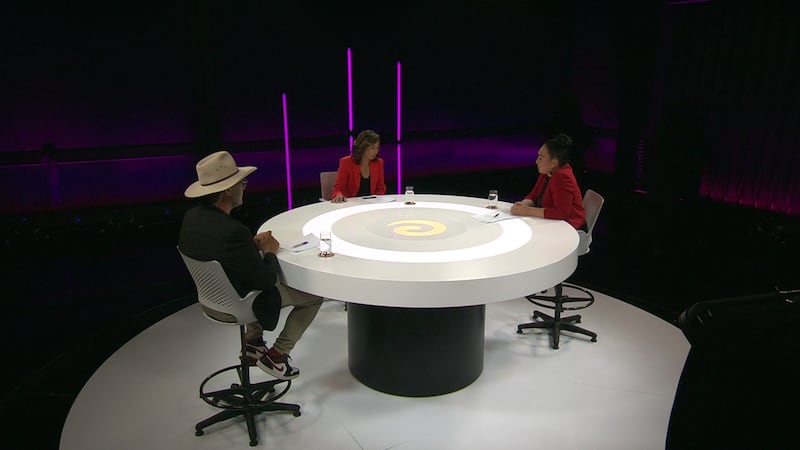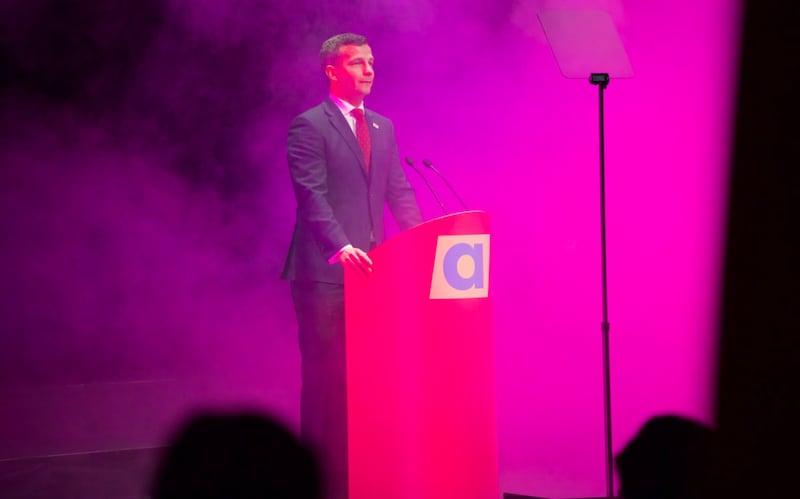The campaigns for Parliament are wrapping up, hoardings are coming down and, after six weeks of debates, pressing the flesh and putting their best foot forward the candidates will be looking forward to a comparatively quiet Saturday morning before the numbers that matter roll in later.
Polling in the seven Māori seats didn’t reveal too many out and out surprises, although there will be some cause for concern for some candidates and reasons to be excited for Saturday night for others.
What the poll results did show, however, is that Māori voters are bucking the nationwide trend and largely sticking with Labour, albeit at a lower rate than seen in 2020.
Despite being a constant presence in the media since its resurgent return to Parliament, only one Te Pāti Māori candidate was in front according to the Whakaata Māori-Curia Market Research polls – Waiariki MP Rawiri Waititi. Its other two MPs, Debbie Ngarewa-Packer and Meka Whaitiri, were trailing their Labour counterparts by slim margins with a very substantial number of undecideds.
In Whaitiri’s case, she is up against a political newcomer in Cushla Tangaere-Manuel, who has the Labour machine behind her. Tangaere-Manuel has a rock-solid support base within her Ngāti Porou iwi but has had to work hard in a short amount of time to build her profile across the rest of the electorate that stretches from the East Cape to parts of the Hutt Valley.
Ngarewa-Packer too found herself trailing behind the Labour machine. Despite being an effective voice and face in Te Tai Hauāuru over the past three years and, like Waititi, being an effective “pebble in the shoe” of government, Ngarewa-Packer was five points behind Soraya Peke-Mason who has been in Parliament for a mere 10 months, coming in after then-Spe3aker Trevor Mallard resigned.
Ngarewa-Packer has kept pointing out the unreliability of opinion polls. In 2020 Te Pāti Māori trailed in all seven electorates. Waititi for example was 18 points behind Tamati Coffey before the election but on the night managed to win Waiariki, and in turn drag the party back to Wellington.

A consistent theme across the debates was that rangatahi held the key to victory. Te Pāti Māori is confident it has captured the support of what it is calling the “kōhanga reo generation” and Labour also believes it has policies that will entice youths to vote red but getting rangatahi to the polls is never guaranteed.
In 2020, about 65% of rangatahi Māori cast their votes, compared to about 70% over 45′s and 80% of over 50′s.
Twenty-one-year-old Hana Rāwhiti Maipi Clarke, especially, will be hoping rangatahi turn out in Hauraki-Waikato. This could create history and make her the youngest MP in New Zealand for 150 years if she causes a seismic shift in the Māori political landscape. She was only four points behind Nanaia Mahuta, which means an exciting Saturday night in Huntly, where both candidates will have their respective election day celebrations.
In a general sense, there will be many Māori MPs and candidates worth keeping an eye on as the results come in this weekend. David Seymour and Winston Peters have been taking a fair bit of the headlines as they and their parties jostle for positions in a potential coalition deal with National. Both ACT and New Zealand First look likely to capture a handful of seats each, with each having three and four Māori in line to become MPs respectively.

The Greens are hopeful of having their best result ever, with some polls suggesting 17 MP’s could occupy seats in the House. That could see Marama Davidson and Teanau Tuiono joined by Hūhana Lyndon, Darleen Tana and Kahurangi Carter. A slightly higher party vote could also see Benjamin Doyle become the sixth member of the Greens Māori caucus.
Meanwhile, Northcote, as it was in 2020, will most likely be represented by either Shanan Halbert (Rongowhakaata) or Dan Bidois (Maniapoto), and Shane Reti could benefit from the swing away from Labour and regain the Whangarei seat for National. Dave McLeod (Ngāti Mutunga/Ngāi Tahu/Ngāti Porou) is another National candidate in New Plymouth.
Nationally, Labour appears destined to be wiped out on Saturday according to polls by mainstream media outlets. It won’t be surprising, of course, if many traditionally safe-National seats that turned red in 2020 reverted back to type – think Northland, Rangitata, and Ilam.
What will be worth watching is how many swing seats change hands. Auckland Central for example, after many years in Labour’s hand, became a National stronghold with Nikki Kaye. The Greens’ Chloe Swarbrick won it in 2020. Where it lands in 2023 is anybody’s guess. The two Hamilton seats (East and West) are often considered bellwether seats – an indication of the overall result of the election. Tama Pōtaka won the Hamilton West by-election quite comfortably in 2022, and there is no indication it will it will not stay with him. The reitrement of Labour’s Jamie Strange in Hamilton East throws that seat open. Labour has hopes for Georgie Dansey (Tūwharetoa) while Ryan Hamilton is a good chance on the National ticket.
Former Justice Minister Kiritapu Allan was a popular MP in the East Coast electorate but the controversial end to her career could jeopardise the chances for Tāmati Coffey to hold the seat for Labour.
WIth a number of MP’s retiring in this election, there is also a risk Labour could lose some traditional safe seats of their own. Jacinda Ardern (Mt Albert), Poto Williams (Christchurch East), David Clark (Dunedin), Sua William Sio (Mangere), Paul Eagle (Rongotai) and Grant Robertson opting not to stand in Wellington Central allows voters to look at other options who might otherwise not be considered.

It also shouldn’t be surprisng that the incumbent government finds itself on the backfoot. Since 2020, those in power around the world at the outbreak of the Covid-19 pandemic have been dumped from power, or at least seen their hold on power diminish. For example, the USA has overhauled the White House, the Senate and the House of Representatives. Anthony Albanese and the Australian Labor Party took control of the Federal Parliament for the first time since 2007.
While a general election isn’t due in the UK until early 2025, opinion polls don’t look good the governing Conservative Party, and the 2023 local body elections saw more than 1000 Conservative councillors dumped in favour of Labour, Liberal or Green Party candidates.
In fairness, the respective governments also had a number of controversies and issues other than their Response to Covid-19.
Whakaata Māori will be bringing all the latest results from the seven Māori electorates live from 7pm on Saturday night on Whakaata Māori, MĀORI+ and on teaonews.co.nz


